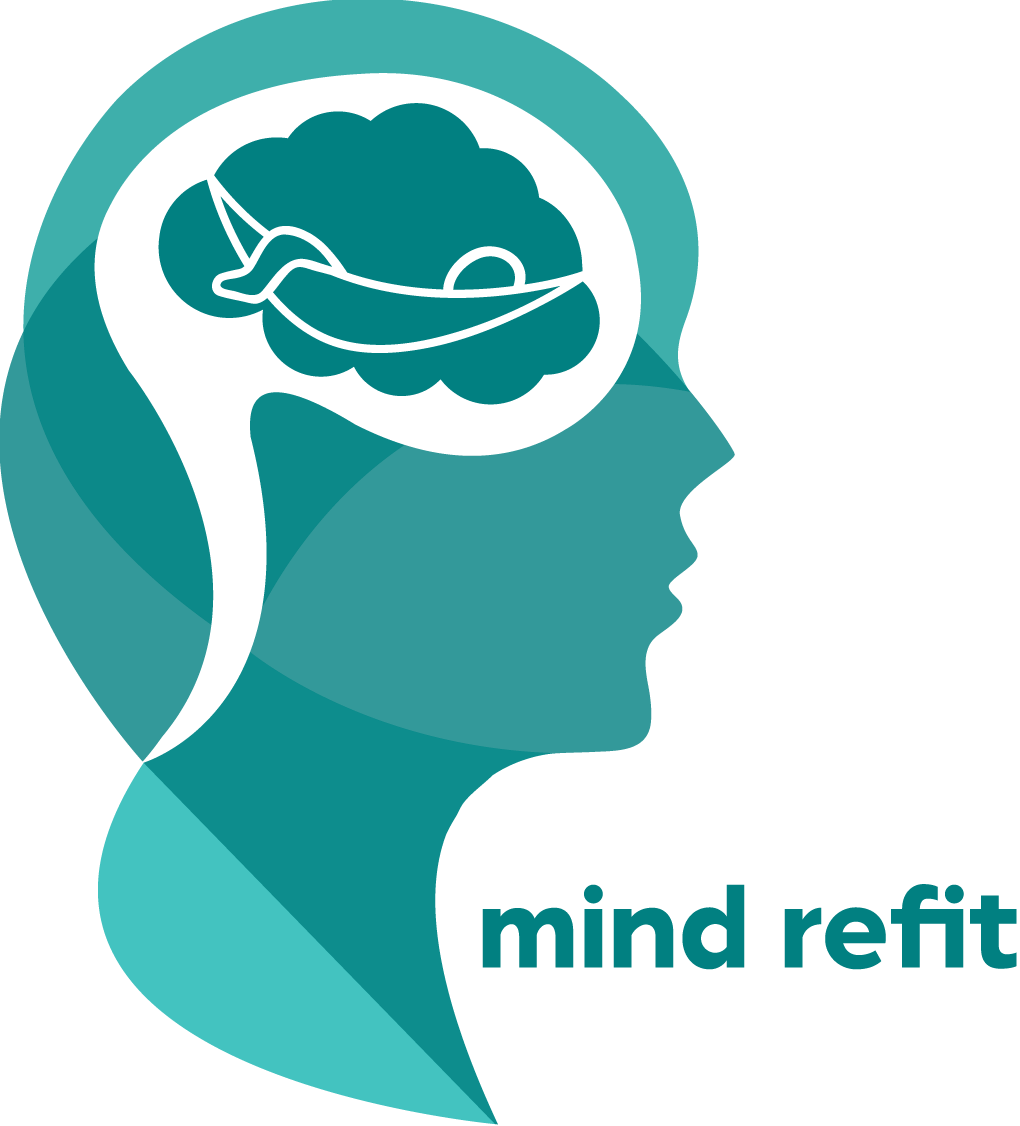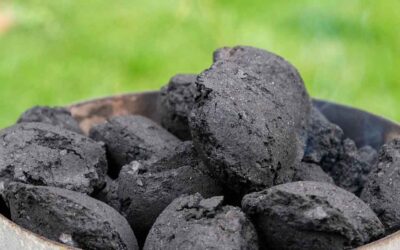
The coronavirus (or COVID-19) pandemic is synonymous with the saying “never underestimate your enemy”. One morning we’re going about our day making jokes about the outbreak and the next, we’re scared into isolation. With each passing day, news of growing death rates and confirmed cases throughout the world are getting more overwhelming. Now, with imposed lockdowns, the world has recorded over 100,000 deaths, not to mention the tremendous blows it dealt the global economy, our only fighting chance being primarily to stay indoors.
Yet, the question; will we win this war?
Hopefully! But, what is next after that? Do we go back to our normal lives as it were? What are we missing?
What Could the Coronavirus be Teaching us About the Environment We Live in?
As we continue the fight against COVID-19 and sympathize with those who lost their loved ones, we hope to take comfort in futuristic environmental impacts, which could preserve more lives long after we’ve won this battle.
While in isolation, in adherence to social distancing, what have we noticed?
Less Ambient Seismic Noise
Simply, seismic noise is the vibration of the ground we live on.[1] Seismologists measure these sound waves and compile reports that are useful in many geological disciplines, including to predict ground response to earthquakes.[2]
Considering human noise elements like factories, vehicle engines, refineries, and the daily hustle and bustle, these readings become highly compromised, making it slightly impossible to make certain detections, unless in areas far outside urban settlements. But, as many affected and unaffected countries have implemented restrictions, which mostly impedes local and international movement, there are now less human activity and seismologists have reported more accurate readings.[3]
Seismologists are now able to detect smaller earthquakes (even in city centers) and other seismic events that would ordinarily be difficult to detect.[3]
Cleaner Air
According to the World Health Organization (WHO), air pollution kills approximately 7 million people every year. What’s worse is that newborns are affected by climate change, while toxic air has been found to shorten life expectancy by almost 3 years.[4]
Owing to the massive reduction in economic activity due to the coronavirus pandemic, satellite images show that the air has become less polluted (great news for the longevity of mankind).[6] Numbers (specifically in China) reflect that since the outbreak, the reduction in air pollution, two months post lockdown, has saved the lives of 4,000 children under the age of 5 and 73,000 adults over the age of 70.[5]
Here’s what we’ve discovered:
- China’s air pollutant levels fell by about 20-30% in February as a result of the restrictions on industry and traffic.[7]
- Italy has experienced a big decline in nitrogen dioxide emissions.
- Due to travel bans, which have grounded flights and removed the ability to travel locally and internationally, there has been a significant drop in heat-trapping emissions (global warming).[4] And, since the lockdown has necessitated a ‘work from home’ system, it has proven that not everyone is really required to travel to the office to work, and at least not every day.[4]
What Does This Mean for the Future?
Climate crises may seem like a future problem but given the numbers recorded, one could say that it would be in mankind’s best interest to act immediately. Yet, as environmental pollution is not a dramatic killer, its slow and steady poison has been constantly underestimated and ignored when compared to measures and actions taken to rid the world of the scary coronavirus.[4]
Thus, the question; when all these are over, will we live differently?
I hope so!
Unlike climate crises, the coronavirus is an immediate, tangible threat, which directly and undisputably affects people. Whereas, climate crises is not a virus and poses a third party threat which can be argued. However, climate crises still remain a valid and dangerous threat to life.
Governments and international bodies have dedicated emergency funds for the coronavirus pandemic. Unbothered by the economic cost and consequence, governments are willing to sacrifice resources no matter how steep to stop the spread of the disease.[8] Perhaps, some changes can also be made to curb climate crises.
Should Actions be Taken?
Absolutely! However, implementing an immediate shutdown of all factories and effectively banning all gas-run cars from roads are not sustainable measures to employ in dealing with climate change.[4] But, when we decide to act, there are better steps that can be taken to save the environment.
Admittedly, there’s nothing we can do for the environment that would make up for the devastation caused by the COVID-19 pandemic. However, when bad things happen, it helps us reevaluate other aspects of life and make adjustments. Hopefully, we can learn from this impact and save lives from other causes of premature death.
Are There Practical Solutions to Dealing With Climate Crises?
Thankfully, the technology needed to reduce deadly emissions already exist so we may not resort to radical shutdowns when we can slowly and more effectively adapt to climate change. We (our governments) can do this by;
- Using renewable energy sources, instead of fuel, which will not only save cost but save lives. In order words, it is economically convenient and environmentally smart.[4]
- Reducing emissions,
- Developing green technology, and
- Implementing effective climate policies.[4]
If and when actions are taken, here are some things we may expect:
Due to low activities, reduced pollution, etc., nature now has ‘more breathing space’ with humans forced indoors by the pandemic. At least, we can all agree that:
- The earth (including water and soil) is a little cleaner and richer with reduced human activities.
- We currently have more clean air, and a healthier setting for our plants and animals to thrive and multiply.
But more than that, if we get past this COVID-19 pandemic and make the necessary environmental changes, no matter how little, these positive effects could remain to some degree. However, if we revert to our usual lifestyle, with no change at all, the earth could go back to how polluted it was.
Closing Thoughts
While the coronavirus impact on the economy (food shortages, business decline, etc.) is short-term (observing social distancing until a vaccine is developed), the impact of climate crises is long-term. Climate crisis gravely impacts economies, places a greater burden on health services (more diseases, psychological health decline, and deaths), and depletes food security. If the COVID-19 pandemic teaches us nothing, at least we have learned that when world leaders put heads and hands together, even the worst of global crises can be averted. For our environment, our governments can play their part by enacting environmental health policies, investing in innovative green technology, switching to clean energy, and sensitizing the public to change their daily habits.
More than creating environmental awareness, the coronavirus pandemic has also put our mental, emotional, and social wellbeing to the test. What important things in life have we neglected until now? Read our COVID 19: The Important Things In Life article to find out.
References
- Ambient seismic wavefield; K. Nishida, Earthquake Research Institute, the University of Tokyo, 1-1-1 Yayoi 1, Bunkyo-Ku, Tokyo 113-0032, Japan. Retrieved from NCBI.
- Seismic noise; Wikipedia.org. Retrieved from Wikipedia.
- Harmeet Kaur, CNN. The coronavirus pandemic is making Earth vibrate less. April 3, 2020. Retrieved from CNN.
- Helen Regan, CNN. The world is coming together to fight coronavirus. It can do the same for the climate crisis. April 8, 2020. Retrieved from CNN.
- Jacinta Bowler. New Evidence Shows How COVID-19 Has Affected Global Air Pollution. 17 March 2020. Retrieved from Science Alert.
- Marshall Burke, Global Food, Environment, and Economic Dynamics. COVID-19 reduces economic activity, which reduces pollution, which saves lives. March 8, 2020. Retrieved from G-FEED.
- Nada Bashir, CNN. China’s air pollutant levels drop after the coronavirus outbreak. March 4, 2020. Retrieved from CNN.
- Coronavirus latest: Over 90 countries request emergency funds; dw.com. Retrieved from DW.





0 Comments